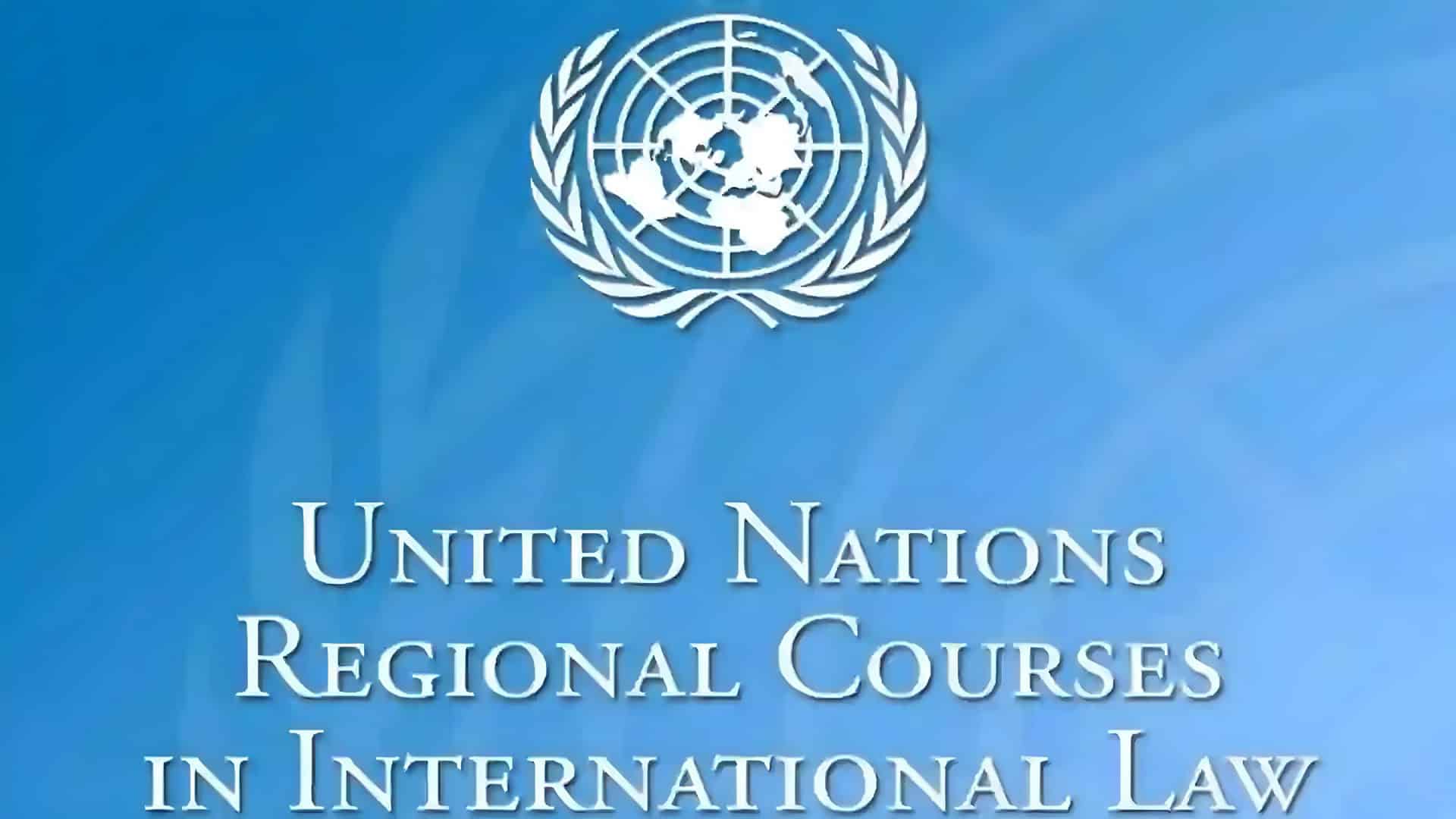United Nations Regional Course in International Law for Africa: Apply Now
The United Nations Regional Course in International Law for Africa 2025 is open for applications. Check details, eligibility, and how to apply.

The United Nations Regional Course in International Law for Africa is coming soon.
This opportunity offers the chance to gain valuable insights into international law while learning from experts in Addis Ababa.
Applications are now open for the 2025 session, and you can become part of this distinguished programme.
InformationDetails📆 Course Duration 20 Feb – 14 Mar, 2025
🌍 Venue Addis Ababa, Ethiopia
🗣️ Language English
📝 Course Topics International law, treaties, human rights
🎓 Seats Available Up to 30 participants
💸 Fellowship Includes travel, accommodation, stipend
📋 Requirements Legal background, English proficiency
🕒 Deadline 29th October, 2024
On this page[Show]
Overview of the United Nations Regional Course in International Law for Africa
The United Nations Regional Course in International Law for Africa is conducted by the Codification Division of the United Nations Office of Legal Affairs.
This initiative is held in cooperation with the Federal Democratic Republic of Ethiopia, the African Union, and the United Nations Economic Commission for Africa (ECA).
The course will be held in-person at the ECA facilities in Addis Ababa from 20 February to 14 March 2025.
It will be conducted in English and will include up to 30 participants, with some spaces available for self-funded participants.
Course Content and Key Topics
The United Nations Regional Course in International Law for Africa will consist of seminars led by leading scholars and practitioners of international law.
These seminars will cover various topics, including:Introduction to international law.
Treaty law.
State responsibility.
International peace and security.
Peaceful settlement of international disputes.
Diplomatic and consular law.
International organizations.
United Nations institutions and law-making.
The work of the International Law Commission.
African Union law and institutions.
Organization of American States law and institutions.
International human rights law.
Movements of persons.
International humanitarian law.
International criminal law.
International environmental law.
International watercourses.
Law of the sea.
International trade law.
International investment law.
Legal research and drafting.
Financial Aid for Participants
Fellowships are available for participants.
For fellowship recipients, the fellowship will cover:Travel expenses.
Accommodation and meals.
Medical insurance.
Training materials.
A modest stipend for other living expenses.
For self-funded participants, all costs related to travel, medical insurance, accommodation, and living expenses must be borne by the participant.
Only training materials are provided to self-funded participants.
Eligibility for the Regional Course
The course is open to candidates from United Nations Member States that are also members of the African Group.
To qualify, candidates must:Have a legal background.
Possess professional experience in international law.
Be fluent in English.
Female candidates are strongly encouraged to apply.
™Selection Process for Applicants
The selection of participants is based on the candidate’s:Qualifications.
Professional duties.
Relevance of the training to their professional work.
Gender balance considerations.
The United Nations does not charge any fees during the application or selection process.
No information related to candidates’ bank accounts is requested.
How to Apply
To apply, download the application form for the Regional Course from the United Nations application form page.
For more information, visit the United Nations Regional Course in International Law for Africa.
Application deadline: 29 October 2024.
Become a part of this course and advance your knowledge in international law, enhancing your skills with professionals from across Africa.

.jpeg)
.jpeg)

